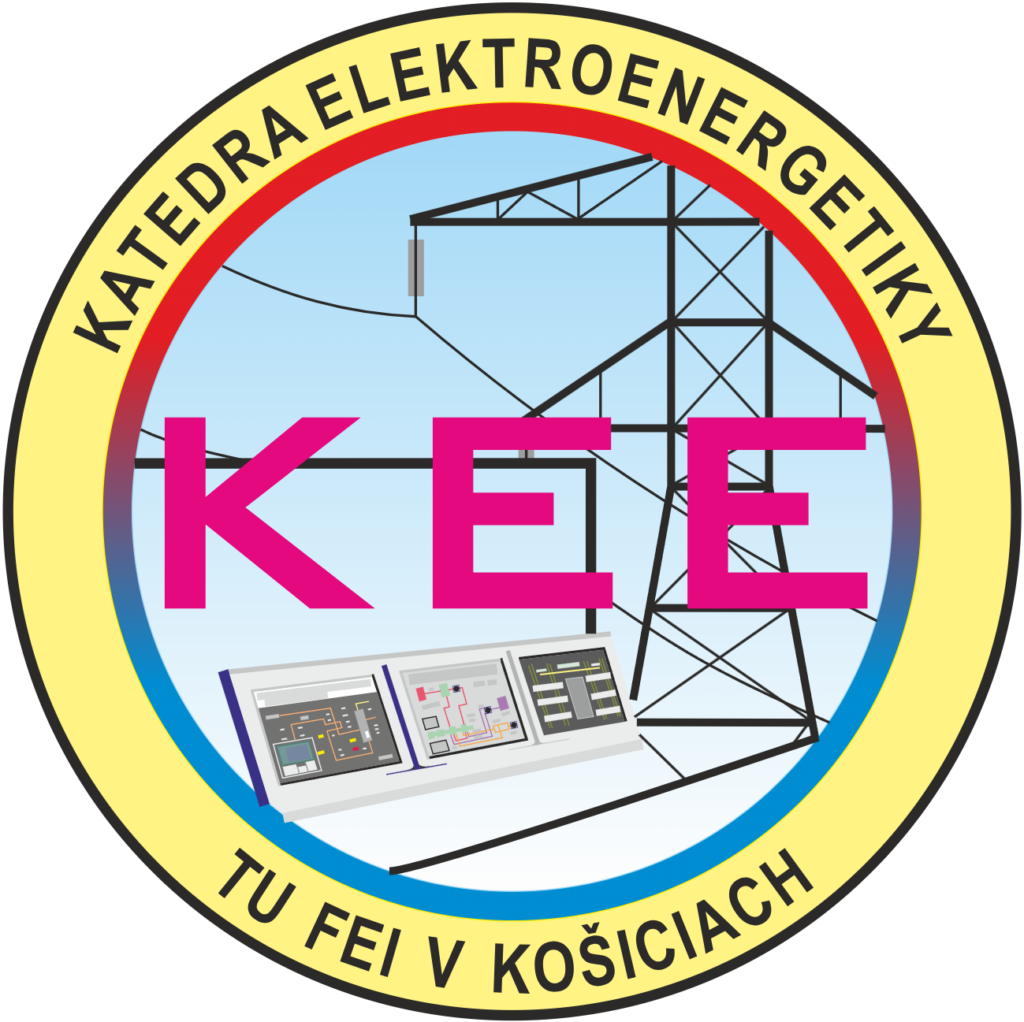Under the auspices of the Ministry of Economy of the Slovak Republic

Main organizer Department of Electrical Power Engineering, FEI TUKE

Keynote Lectures
Karel Maslo, ČEPS / 
Amela Ajanovic, Associate Professor at the Vienna University of Technology / 
Miloš Nagy, Jozef Tomčík, ZSD and VSD / 
Representative, Ministry of Economy of the Slovak Republic / 
Martin Miškuf, EP Commodities / 
Publication partner in 2024
This year the symposium has got an excellent publication partner, Acta Polytechnica Hungarica, (WoS JIF=1.4, Q2; Scimago SJR=0.37, Q2). The best conference papers will be selected and suggested to submit in extended form in the special issue devoted particularly to ELEKTROENERGETIKA 2024 SYMPOSIUM with no additional costs.

About the symposium
The International Symposium on ELECTRICAL POWER ENGINEERING has been successfully held in Slovakia for over 20 years. The Symposium provides a unique interdisciplinary forum for discussion about the current electrical power engineering and industrial applications and opens visions for the energy supplies of the future.
Main Topics
- Generation of Electricity, Transmission, Distribution and Consumption of Electricity.
- High Voltage Technique and Diagnostics in Power Engineering.
- Power Systems Relaying, Faults Analysis.
- Power System Control, Liberalisation of Electricity Market.
- Smart Grids
- Electromobility
- Data Security in Power Engineering, Deep Learning and Artificial Intelligence.
The mission
ELEKTROENERGETIKA is the symposium for managers, scientists, engineers, designers, and planners from industry, government, and academia who have an interest in sustainable electricity for the today and future. The symposium aims to bring together people from industry, government, and academia in those disciplines in a living forum. All responsibilities are called to face the current social challenges for excellent science, competitive industries, and a better society. The event offers the time to prepare scientific and professional background for raising the level of excellence in Europe’s and the world’s science and technology base. It presents a steady stream of research outputs and innovations in the main topics proposed.
Participants Can
- Share and learn new ideas on smart grid technology, power grid management in a liberalized market environment, and new products for the whole scope of the electricity technology chain.
- Connect with the highly respectable managers, professionals, and top European and Russian scientists who participate to reliable and safe energy.
- Make a difference by adapting new solutions and best practices transformed into energy technology platforms.
What You Can Expect
- Keynote sessions by the highly respected professionals
- Learn about the state-of-the-art key electricity management solutions to power your positions in liberalized electricity market business to the high level
- Presentations of manuals and how-to’s for safe maintanance of power grid
- Great discussions
- Sessions across four main topics
- Perfect supplementary programme and wonderful nature of High Tatras Mountains.
